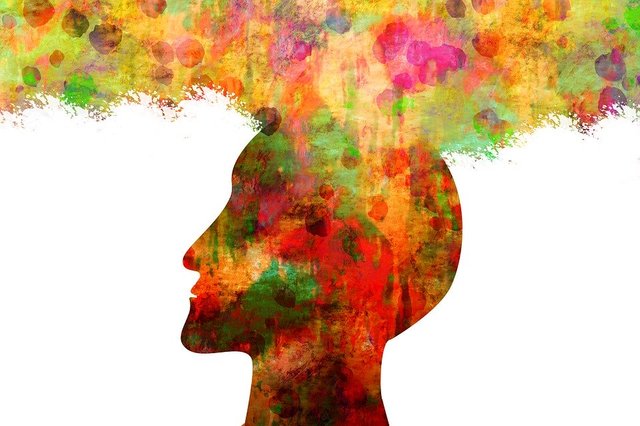Mind vs reality: on assumptions and labels

Something that I have noticed when conversing with people, especially with strangers through the internet, is how, perhaps many people, don't live in reality, but simply in their minds. I already knew this, but with some experiential examples it becomes more evident. Have you noticed how people, for example, if they hear you criticize something of capitalism, they automatically think that you are a socialist? And how, however, if they hear you criticize something of socialism, they think you support capitalism? They listen to something you say, and then they jump to some hasty conclusions, assume a few things, and suddenly, they know you more than yourself. A little more and they would know your parents' names. They know what kind of person you are, and all your opinions of anything else, just by one sentence. You can keep the conversation going for a moment, but after a while it becomes clear that these people are not really talking to you, but with an idea that those people have in their mind about who you are. On some occasions my interlocutors have refuted arguments that I have not given simply because they assumed that I believed in them. Maybe that is a kind of madness, but a very common madness that perhaps everyone suffers from, it is possible that I also do it without realizing it. I have my thoughts about madness, but maybe I'll save that for another time.
I know that we all live in our minds to some degree, in the sense that we react not to reality but to what our thoughts tell us is real, to our beliefs. Maybe we do it most of the time. However, there are degrees. There are people who simply know you more and therefore the idea they have about you is closer to reality. And in other cases it is not so. It is not good to assume, although I have always believed that it is good to trust the intuitions that we have about certain people, but don't expect to know a person completely simply because of intuitions.
I think it is important that we see other people as flesh and blood humans and not as ideas in our heads that have no contact with reality. It is easy for us to use a label to designate someone and generalize, and draw conclusions like, "everyone who thinks this is ignorant, dumb, or fool." But when you look at reality and you really know one of those people you realize that many times they are not at all the people you thought they were. There is no person who has a one-dimensional personality like villains or heroes in stories. There is probably no person you can point to and say, this person is only good, or wise, or just. Nor is any of the one you can say, this one is just bad, or dumb, or ignorant. I think that's often the problem, the labels.
We must realize that our assumptions are not facts. And if you act for a long time based on these assumptions that your mind makes, at some point you stop living in reality and start living in an illusion. This is a kind of delusion. The universe is a vast and unknown place. Our mind makes us believe that we already know what we need to know, that we already know everything, and that therefore, everything is repetitive. We have to see through these beliefs to be able to perceive reality as it is. The world is really a colorful place, not everything is black and white, we might be able to see it if we can avoid all these mental traps.
Image Source: 1
